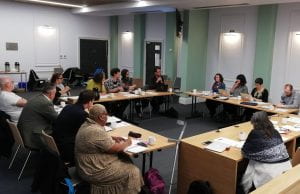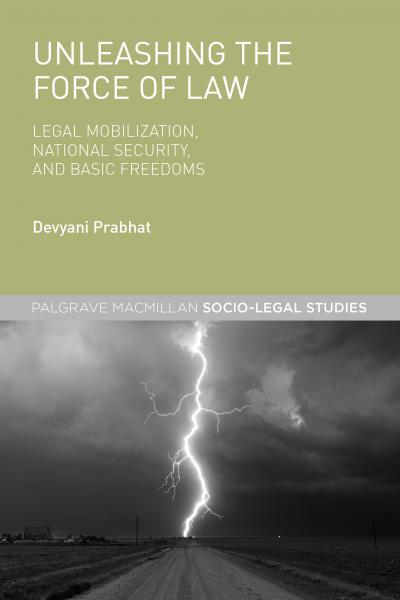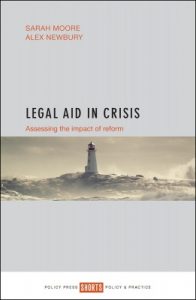 On June 14th 2019, a group of academics, union representatives, civil society organisers, and members of food-related NGOs and think tanks gathered in Bristol along with the United Nations Special Rapporteur on the Right to Food, Professor Hilal Elver. The intention was to look closely at the condition of work and workers behind the UK food system. Throughout the day, we shared testimonies, experiences and accounts concerning the main challenges and obstacles faced by workers from farm to fork, including beyond the boundaries of the United Kingdom. We discussed trafficking, modern slavery, low wages, availability, technological innovation, migration, and several other issues that affect and characterize the life and the future of people who make our food possible. We have closely followed the ongoing conversations around the UK Food Strategy, including a consultation that opened just last week, along with the parliamentary debate around the Agricultural Bill and the proposals on the new post-CAP domestic settlement for agriculture. We have also been particularly attentive to the increase in household food insecurity in the country, in particular among farmworkers, farmers and workers within the food sector. It is striking that hunger, obesity and malnutrition are increasingly felt among those who produce and transform food.
On June 14th 2019, a group of academics, union representatives, civil society organisers, and members of food-related NGOs and think tanks gathered in Bristol along with the United Nations Special Rapporteur on the Right to Food, Professor Hilal Elver. The intention was to look closely at the condition of work and workers behind the UK food system. Throughout the day, we shared testimonies, experiences and accounts concerning the main challenges and obstacles faced by workers from farm to fork, including beyond the boundaries of the United Kingdom. We discussed trafficking, modern slavery, low wages, availability, technological innovation, migration, and several other issues that affect and characterize the life and the future of people who make our food possible. We have closely followed the ongoing conversations around the UK Food Strategy, including a consultation that opened just last week, along with the parliamentary debate around the Agricultural Bill and the proposals on the new post-CAP domestic settlement for agriculture. We have also been particularly attentive to the increase in household food insecurity in the country, in particular among farmworkers, farmers and workers within the food sector. It is striking that hunger, obesity and malnutrition are increasingly felt among those who produce and transform food.
In light of our research, experiences and conversations, we have listed below some of the main conclusions arising from our workshop. There is no food without labour, and because a healthy and justly rewarded workforce is essential to a sustainable food system, we consider that these elements should inform the whole process of the UK food strategy. When it comes to labour, the future of food is not only about a skilled workforce that knows how to use technology. It is about: an integrated approach and greater coordination within the food system; attention to the bottlenecks; a broad notion of food workers; intersectionality; transparency and visibility; protection, respect and fulfilment of the workers’ human and labour rights; access to justice and reliable enforcement; and fair access and use of technological innovation. (more…)




